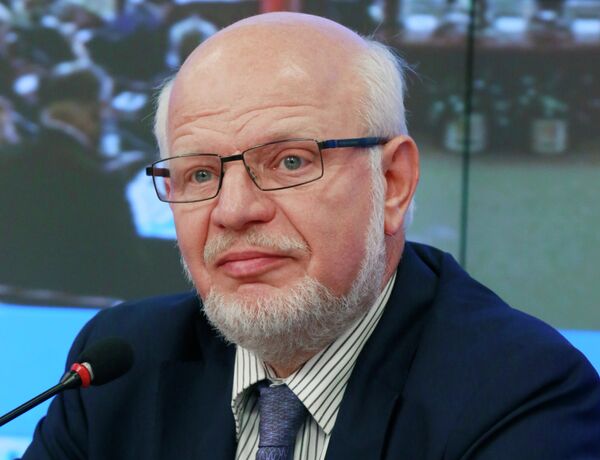MOSCOW, October 13 (RIA Novosti) - A Nobel Committee made a clever choice when awarding a Nobel Peace Prize this year to human rights activists from two countries that "do not get along very well," the head of the presidential human rights council, Mikhail Fedotov said in his interview with RIA Novosti.
"I think that this is a very good choice. First of all, this is an example of an attention toward the human rights advocacy. Secondly, an example of wisdom and tolerance. They awarded a Nobel prize to human rights activists from two countries that do not get along very well, as everybody knows," Fedotov said.
"Let's hope that Russian and Ukrainian human rights activists receive the Nobel Peace Prize next year," Fedotov added.
On October 10, the 2014 Nobel Peace Prize has been awarded jointly to Indian activist Kailash Satyarthi and Pakistani teenager Malala Yousafzai "for their struggle against the suppression of children and young people and for the right of all children to education."
Kailash Satyarthi, 60, is an Indian children's right advocate. His organization, Bachpan Bachao Andolan, or Save Childhood Movement, has freed over 80,000 children from various forms of servitude.
Seventeen-year-old Pakistani human rights activist, Malala Yousafzai is known for proclaiming women's right for quality education in Pakistan and all around the world. She also openly criticized the Taliban movement. Two years ago Malala was shot in the head by the Taliban on her way home from school, but managed to survive.


